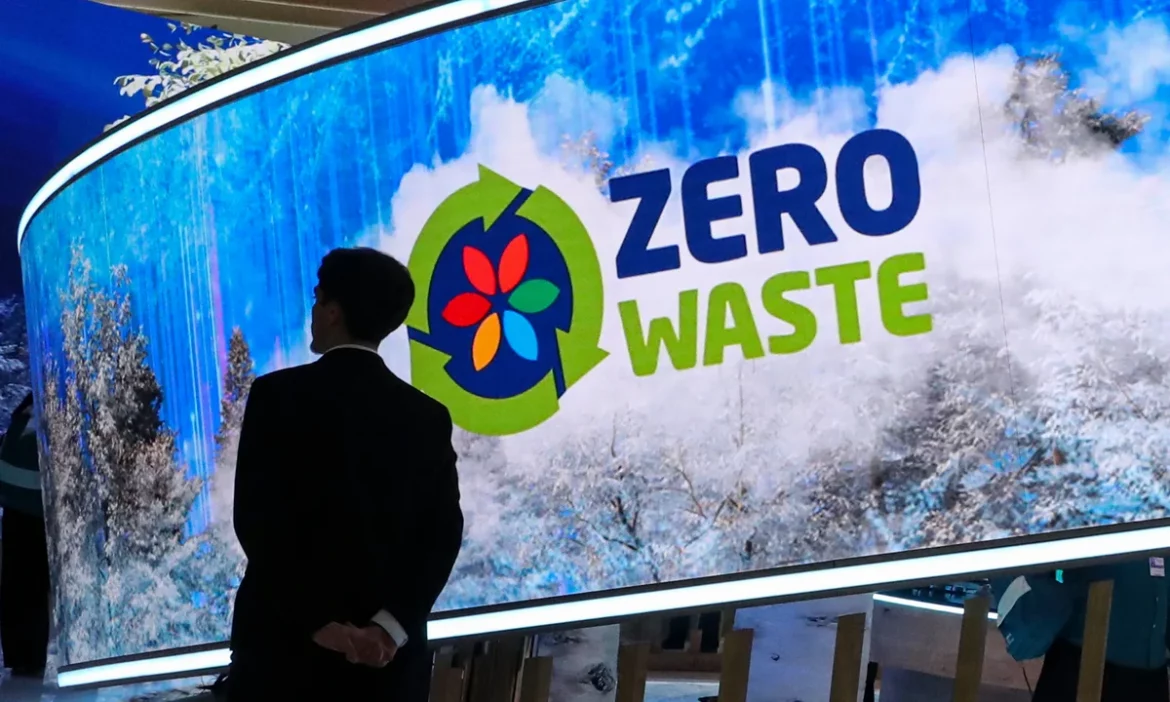A new study has found that Poor countries need $1tn a year in climate finance by 2030, five years earlier than rich countries are likely to agree to at UN climate talks.
A group of leading economists, known as the Independent High-Level Expert Group on Climate Finance, have warned that Waiting until 2035 to receive the funding, which is to help them cut greenhouse gas emissions and cope with extreme weather, would place damaging burdens on vulnerable countries.
The study was published on Thursday morning as governments from nearly 200 countries worked on fraught negotiations over how much finance wealthier countries should provide, and how much could come from other sources, at the Cop29 summit in Azerbaijan. World leaders, who had attended the opening days of the conference in Baku, left their ministers and high-ranking officials to get on with the job of forging a new global plan on climate finance, due to wrapped up at the end of next week.
But large areas of disagreement between the rich and poor world remain, including how much money should be provided and from what sources.
The talks are focused on a goal of at least $1tn a year in climate finance for poorer countries by 2035. This figure comes from a previous study from the high-level group (IHLEG), a group of economists convened by Cop presidencies since 2021 and chaired by the economists Nicholas Stern, Vera Songwe and Amar Bhattacharya, which found in 2022 that about $2.4tn a year was needed.
Read also: Experts: Shell’s successful appeal will not end climate lawsuits against firms
At least half of this could come from poorer countries’ own budgets, the original study found, leaving about $1tn a year to come from external sources, including overseas aid from richer countries.
This week’s follow-up report warned that by 2035, developing countries, excluding China, would need $1.3tn a year. But waiting until 2035 to reach the $1tn goal would create future problems, the economists said.
Lord Stern said: “It’s more expensive the longer you wait. This [$1tn by 2030] is absolutely possible for rich countries to achieve, but it does entail real commitment and moving quickly.”
He said that about half of the $1tn could come from private sector investment, about $250bn from multilateral development banks such as the World Bank, and the remainder from a mixture of sources including direct grants from developed countries to vulnerable nations, special drawing rights from the International Monetary Fund and new forms of taxation, such as levies on aviation and shipping.
“Developed countries should embrace the logic of this analysis,” he urged. “Kicking the can down the road doesn’t help.”
Story was adapted from the Guardian.
